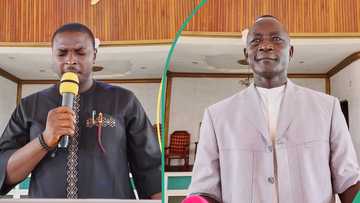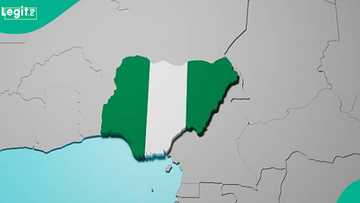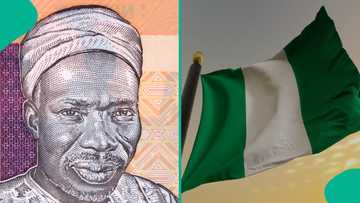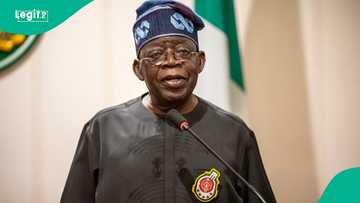List of Public Holidays FG Will Declare in October, November, December 2025
- Nigerian President Bola Tinubu's administration is expected to declare public holidays in the last three months of 2025
- The federal government had earlier declared October 1 as a public holiday in commemoration of Independence Day
- Omotayo Yusuf, a political commentator, told Legit.ng that the period was a time to reflect on Nigeria's current union
Nigerians have entered the last three months of the year 2025: October, November and December. In the last month, the federal government is expected to declare some public holidays.
Many Nigerian workers look forward to holidays as the opportunity to take some relief, not only from work, but from some busy roads and transport, particularly those living in Lagos.
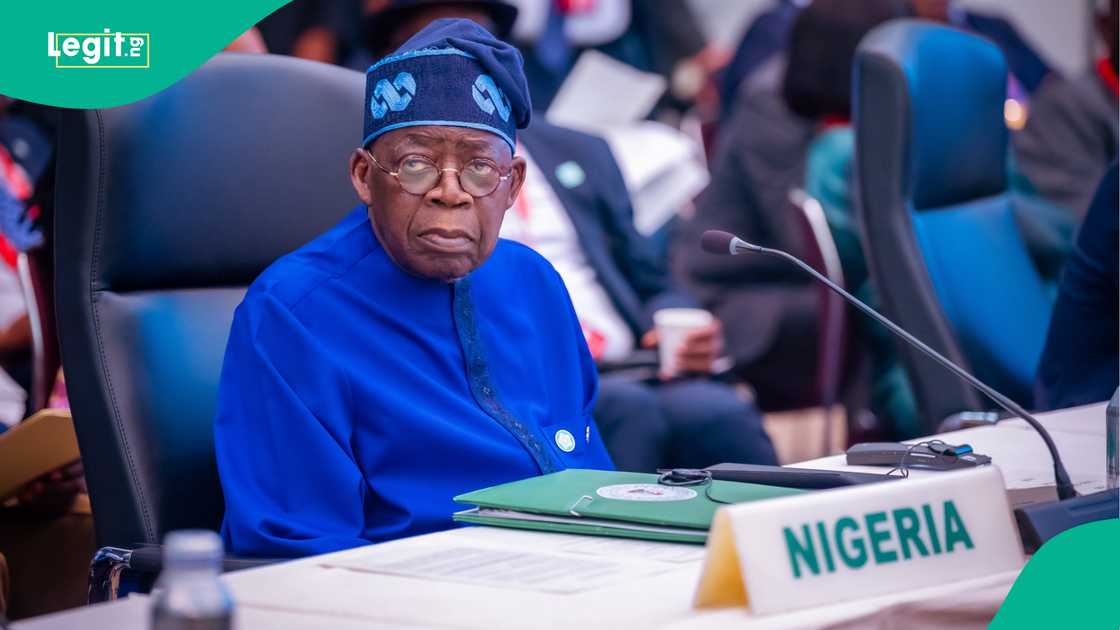
Source: Twitter
These public holidays are often declared to celebrate a national day or festival, which can be religious according to Christian, Muslim and traditional beliefs.
These dates are often declared to celebrate Nigerians' diversity and unity.
While Nigerians have had several public holidays between January and September 2025, there are more work-free days expected in the last three months of October, November, and December.
FG declares October 1 as public holiday
In the month of October, the federal government declared the first day of the month as a public holiday in commemoration of the country's 65th Independence Day anniversary.
Nigeria gained its independence from its British colonial masters on October 1, 1960. Since then, this date has been marked by a celebration of freedom and reflection for the country and its people.
Speaking with Legit.ng on the 2025 Independence Day celebration, Omotayo Yusuf, a political commentator, said this was another opportunity for the people to reflect on the union of different tribes and religions called Nigeria.
"I think it's an opportunity for us to reflect on this union, this federation, and to ask ourselves whether we are a nation in the true sense of nationhood. I think this polarity is widening, while some people might downplay and ignore it as something that only happens or that is happening only on social media, I think the ripple effect is much stronger. It's affecting the psyche of young Nigerians."
Public holidays in Nigeria in late 2025
Aside from October 1, Nigerians are expected to have more public holidays at the end of the year: December 25 and 26, which commemorate the celebration of the birth of Jesus Christ and the sharing of gifts among friends and neighbours.
Although the December holidays are for Christians, Nigerians across religions look forward to these holidays, and they look forward to them as a period of meeting and spending time with immediate and extended families.
At the same time, the government is also expected to declare January 1, 2026, as a public holiday for Nigerians to welcome themselves into the New Year, and plan for the upcoming season.
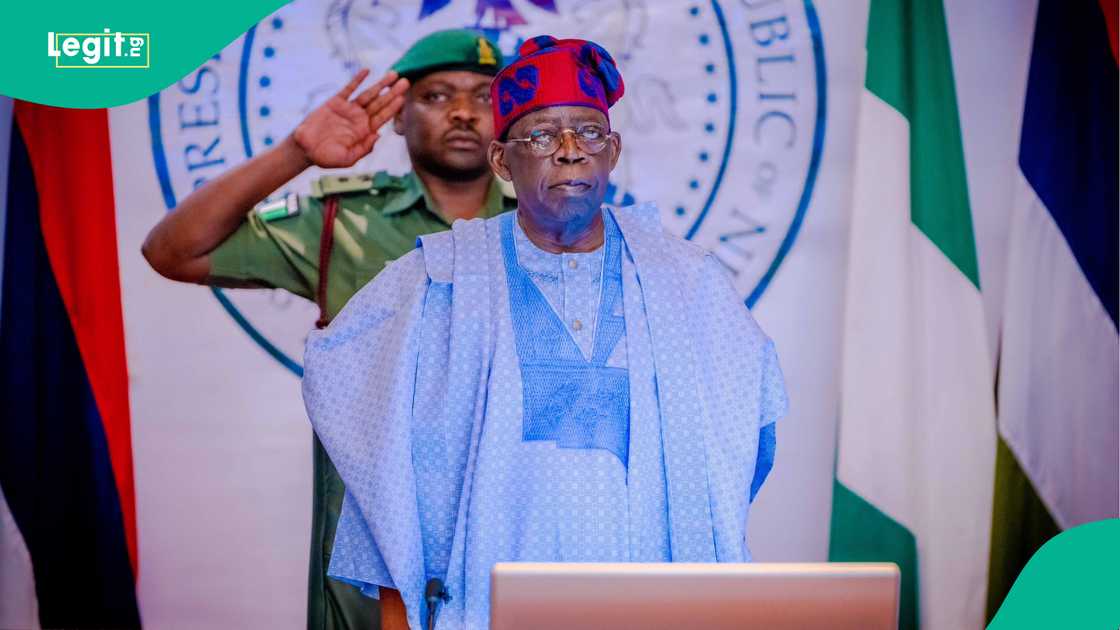
Source: Twitter
Expert tackles concerns on religious holiday imbalance
A theologian and religious tolerance advocate, Elijah Oluwatobi Samuel, has emphasised the need for fairness and inclusion in promoting interfaith harmony in Nigeria, saying the nation must balance its secular status with equal recognition for all religions.
Speaking with Legit.ng, he said religion remains a major part of Nigeria’s social, political, and cultural life:
“Nigeria, as a multi-ethnic and multi-religious state, is richly endowed with diverse cultural and religious traditions. Religion occupies a central place in the nation’s social, political, and cultural life.”
He pointed out that the country’s constitution clearly supports secularism, noting that this should translate into equal and fair treatment of all religions:
“According to Section 10 of the 1999 Constitution (as amended), ‘The Government of the Federation or of a State shall not adopt any religion as State Religion.’ This provision affirms Nigeria’s secular status and implies that all religions should receive equal and fair treatment, regardless of the political or numerical strength of their adherents.”
While acknowledging that some religions have more public holidays due to population size, Samuel warned that such advantages must not create divisions:
"Although certain religions enjoy privileges such as public holidays for their major festivals due to their population strength, such advantages should not breed religious disharmony.”
Citing the African scholar John Mbiti, he stressed that religion shapes Nigerians’ identity and relationships, making fairness essential.
“As John Mbiti aptly noted, Africans are ‘notoriously religious,’ and Nigeria exemplifies this reality. Religion deeply influences personal and communal identity, making issues of religious recognition highly sensitive.”
Samuel said concerns about unequal recognition of religious holidays and festivals were valid but should not derail efforts toward unity.
“Some groups have expressed concern that Nigeria appears to recognize more Christian holidays than Muslim ones, or that indigenous religions receive little or no national acknowledgment. While such concerns are valid, they should not distract from the collective pursuit of peace, mutual respect, and coexistence.”
What Nigeria must do for interfaith harmony
Samuel, however, added that Nigeria has not done enough to ensure equal recognition for all faiths, though progress has been made through advocacy and interfaith initiatives.
“The truth remains that Nigeria, though constitutionally secular, has struggled to ensure equal recognition for all religions. This has prompted various groups to advocate for official recognition of their religious festivals.”
“While Nigeria has made some progress through bodies like the Nigerian Inter-Religious Council (NIREC) and various peace initiatives, tensions and mutual suspicions still surface, especially during political or religious crises. This suggests that, as a nation, we are not yet doing well enough.”
According to him, sustained peace requires fairness, collaboration among religious leaders, and a shift from competition to coexistence.
“Sustained peace will depend on consistent fairness from government institutions, sincere collaboration among religious leaders, and a cultural shift among citizens from competition to coexistence.”
He advised that promoting interfaith harmony must begin with deliberate government action and sincere efforts at the grassroots.
“Promoting peace and mutual respect requires deliberate efforts at both governmental and grassroots levels. Policies must ensure equitable treatment of all faiths in public life, holidays, education, and representation, without favouring one religion over another.”
Samuel concluded by calling for fairness, inclusivity, and respect for all faiths to help Nigeria sustain peace and unity:
“For Nigeria to truly embody interfaith harmony within a secular framework, government policies must uphold fairness, inclusivity, and respect for all faiths. Only through such balance can the nation sustain peace and unity amidst its rich religious plurality.”
Police withdraw from Independence Day parade in Kano
Legit.ng earlier reported that Kano Governor Abba Kabir Yusuf has kicked against the withdrawal of the police from the Independence Day parade in the state.
Governor Yusuf, while speaking at the celebration in the state, accused the state's police commissioner, Ibrahim Adamu Bakori, of being partisan.
The governor's comment came the day after the President Bola Tinubu-led federal government and Governor Siminalayi Fubara of Rivers cancelled the Independence Day parade.
Editorial assistant Ololade Olatimehin provided exclusive commentary from a public policy analyst for this report.
Proofreading by Bruce Douglas, copy editor at Legit.ng.
Source: Legit.ng

